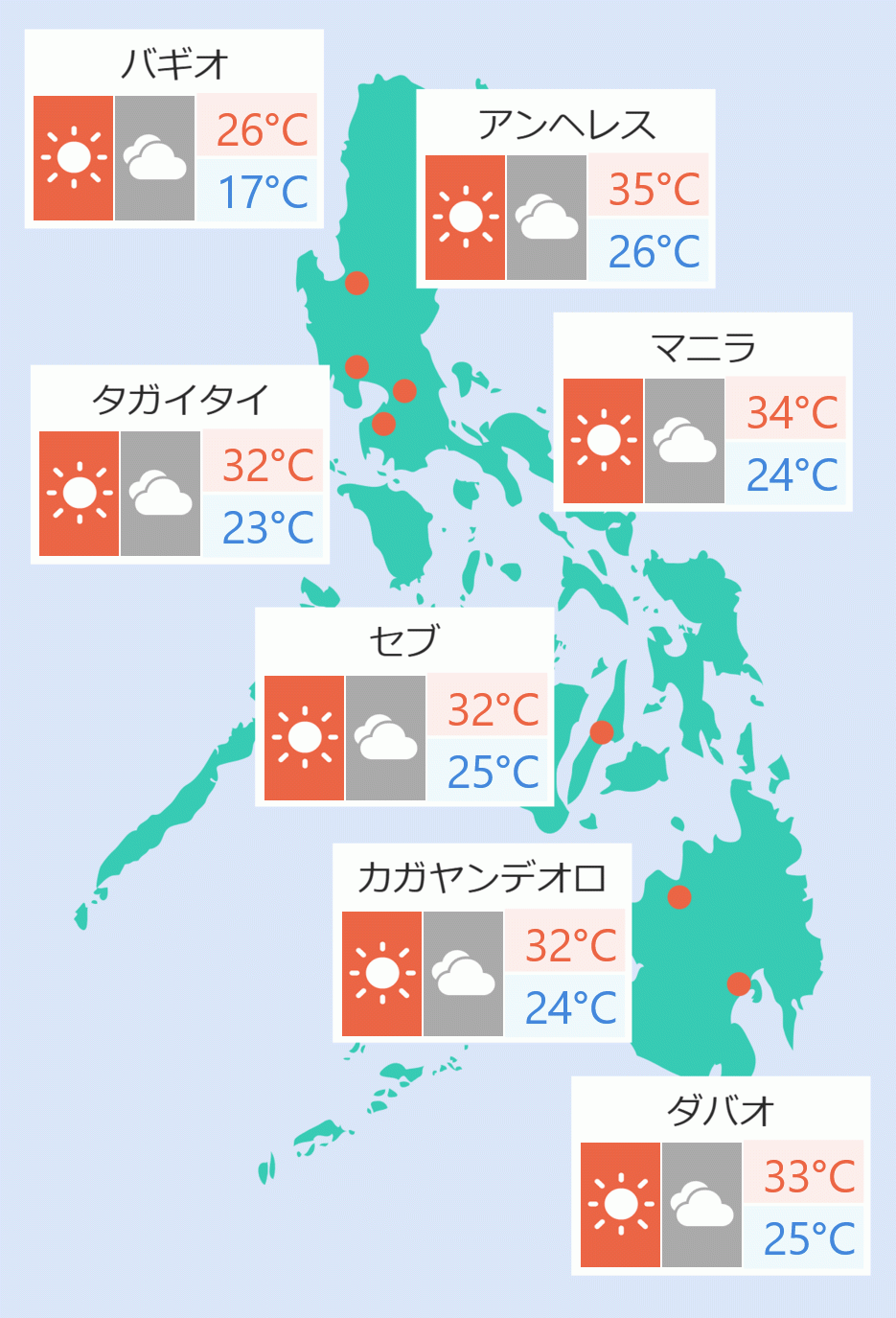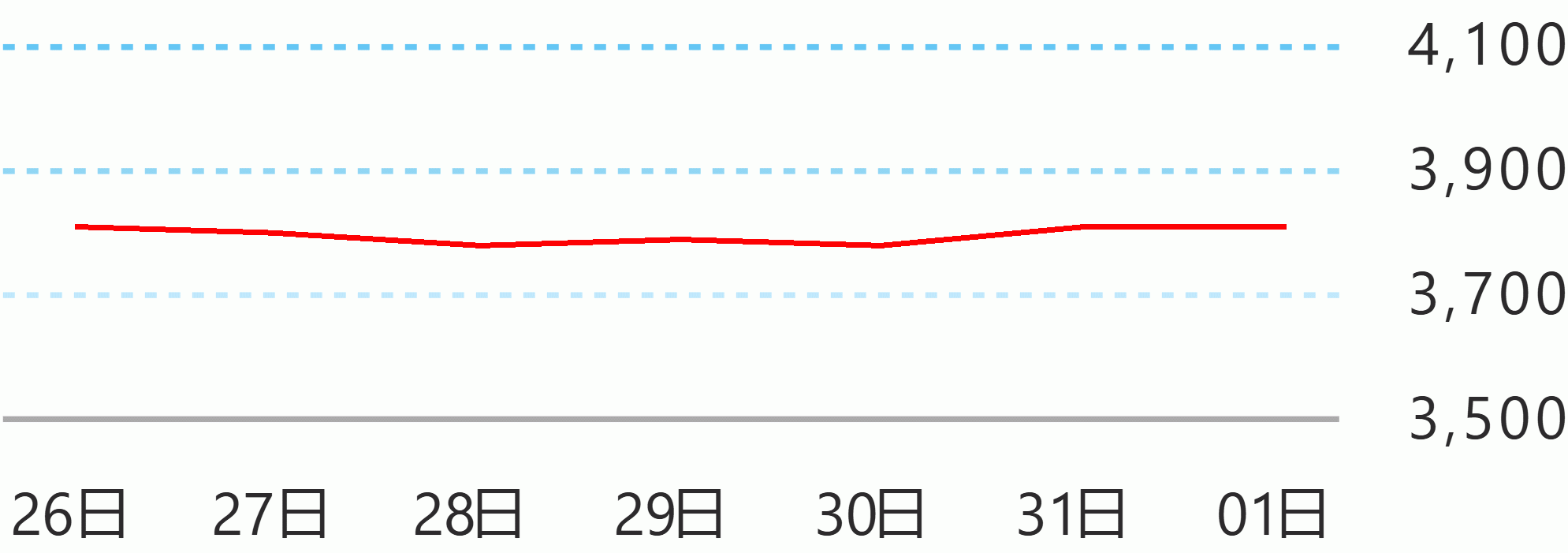The monitored surge of Chinese maritime militia in the West Philippine Sea was "highly considered" by the military commanders in planning for the conduct of the naval drills as part of the 39th Balikatan exercise, the Philippine - United States Balikatan exercise director said Wednesday night.
"We have highly considered the presence of the Chinese maritime militia in these areas, particularly the, of our waters," Maj. Gen. Marvin Licudine told reporters in a press conference in Camp Aguinaldo.
"I believe at the operational level and tactical level, the commanders have already taken into consideration, within their planning, how to address the problems on the militia," he added.
In an interview with reporters last Tuesday, Commodore Roy Vincent Trinidad, Philippine Navy spokesman for West Philippine Sea (WPS) announced the significant increase in the number of maritime militia monitored in the West Philippines as the Balikatan exercise kicked off on Monday.
Trinidad said there is no significant increase in the monitored presence of People Liberation Army (PLA) Navy (with three ships) and China Coast Guard (with 11 ships) in the West Philippine Sea.
A surge in Chinese maritime militia was recorded with a total of 110 ships from April 16 to 22.
"There was a surge in the maritime militia from the previous two weeks, 69, 50 to 110 for this week so there has been a surge in the presence of the maritime militia specifically in Bajo de Masinloc and Pagasa, this coincided with the launching of Balikatan," he said.
"Our monitoring for the past two months, for March and April has given us a fairly constant, from a low of 33 to a high of 69, average around 60 various vessels of China. It is only for this week that we have seen a surge of up to, a total 124, three PLA Navy, 11 Coast Guard and 110 maritime militia," he added.
Licudine said the exercise, which aims to maintain the freedom of navigation, is in accordance with the international law that would benefit the entire region.
"We would like to emphasize that we adhere to international law, the seas beyond our (exclusive economic zone) EEZ are international waters and we adhere to the freedom of navigation of all ships going and passing in these areas, and that is what we are trying to preserve for the benefit of the whole region and for a stable and stable regional situation," he said. Robina Asido/DMS





 English
English










